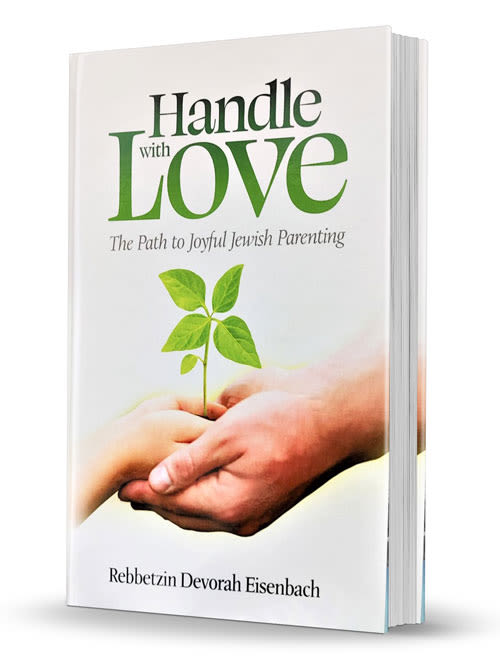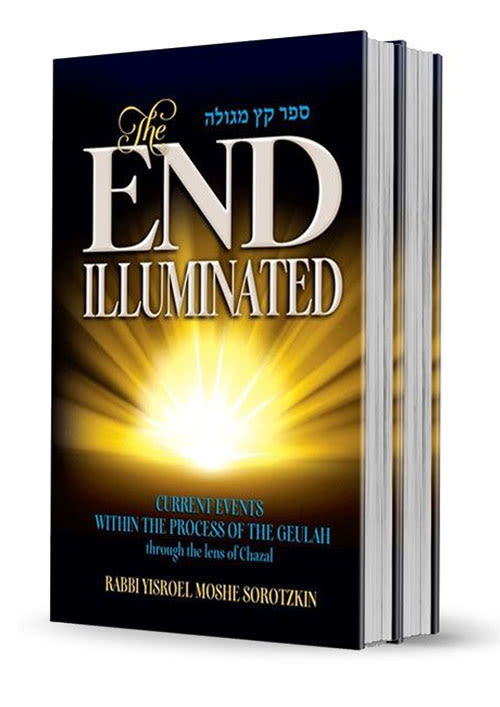
Tale of Two Shidduchim
Aliza was gorgeous; she spoke about cars, clothes and professions, but never mentioned anything remotely connected to building a spiritual life...

Benny became a BT (Baal Teshuva, newly observant Jew) after his service in the IDF, where he served as a naval commando, Israel’s equivalent of the US SEALS. Benny was extremely handsome, built like an athlete, with sandy-blond hair and green eyes. During his secular days, women would fall at his feet. But after having immersed himself in Talmudic study and ethics for three years, his priorities changed. Benny’s rabbi suggested that he begin shidduchim (the matchmaking process) and sent him to me for some initial coaching as to what to look for.
Benny was heavily sought-after by the shadchanim (matchmakers). He had loads of offers. I told Benny to look for a girl with a good heart, for that’s what you grow old with. Unlike good looks, a good heart improves with age. Benny asked me what that meant on a practical level: “Rabbi, how can I recognize a good heart on a date?” I told him to avoid focusing on her appearance, but to listen intently to her voice, for King Solomon says that a woman of valor speaks with compassion on her tongue. Benny seemed to grasp what I said completely, so he embarked on his first shidduch (date with a prospective match).
Aliza was 5’7″ with long silky blond hair and super attractive. Like Benny, she too was a BT. The matchmaker figured that Benny and Aliza would become the religious world’s magazine-cover couple. They were stunning together. After their first date, Benny called me. “Rabbi, when I first saw her, my heart skipped more than one  beat. She’s gorgeous. We sat down in the lobby of the Dan Panorama and I ordered coffee. After the initial niceties, I remembered what you said. I closed my eyes and listened to her heart. All I heard was first-person pronouns and a lot of material priorities that were left over from her old life. She spoke about her taste in clothes, furniture and summer vacations. I listened. She never mentioned anything remotely connected to building a spiritual life together. I’m going to tell the shadchan that I’m not interested in a second date. But she is gorgeous…”
beat. She’s gorgeous. We sat down in the lobby of the Dan Panorama and I ordered coffee. After the initial niceties, I remembered what you said. I closed my eyes and listened to her heart. All I heard was first-person pronouns and a lot of material priorities that were left over from her old life. She spoke about her taste in clothes, furniture and summer vacations. I listened. She never mentioned anything remotely connected to building a spiritual life together. I’m going to tell the shadchan that I’m not interested in a second date. But she is gorgeous…”
I told Benny how proud I was of him.
A week later, Benny called me again. A different shadchan phoned him and suggested that he meet Devora. Benny agreed. Devora, also a BT, learned half a day and spent the other half of her day helping a handicapped mother care for her small children. Benny told me that Devora was the exact opposite of Aliza – she was short with frizzy hair. “Rabbi, she has a pretty smile and a kind voice; she talks about emuna, raising children, and her willingness to sacrifice so that her husband can learn Torah. She’s perfect almost, but I can’t stand the frizzy hair. The shadchan asked me if I’m interested in a second date, and I told him I’d have to think about it. I wanted to call you first; what do you think?”
“Benny,” I replied, “Devora obviously has a good heart. She sounds like she’ll make a dream wife. She has compassion for a handicapped woman, cares for little children, and honors Torah. Her head is in the right place. As far as the frizzy hair goes, after the wedding, she’ll cover her hair anyway. You yourself say that she has a pretty smile. Wait and see – the more you get to know her, the more beautiful she’ll be.”
Sixteen years later, Benny is now a rabbi who learns Torah all day long. Devora has eight children, ages one to fifteen, and still looks like she’s in her early twenties. She’s patient, never loses her temper, and completely dedicated to husband and children. Benny and Devora don’t have much money, but they are wonderfully happy together. Their home is a shining light of Judaism and serenity, and its marvelous to see how their older children take care of their younger children.
Not every match is as successful as Benny and Devora.
Ilana came from a religious family. Her three older sisters married Torah scholars who learn all day in kollel, but she preferred the good life – a guy with money who could buy her a nice condo and a European car. A shadchan recommended that she go out with Bruno, a young man from Germany who learned in a leading yeshiva for BTs from Europe and America. Bruno occasionally attended my emuna lectures; although he was brilliant in his Talmudic studies, he was more than a bit abrasive, scoffing at many of the most important principles of emuna. The heir of a thriving business in Frankfurt, he thought that his money made him more important than other people.
Like the Gemara says, Hashem leads a person in the path of his or her choice. Ilana wanted money, so Hashem gave her money…
Three months after their wedding, Bruno left the yeshiva and uprooted Ilana from her family in Jerusalem, taking her to Germany. “Business comes first,” he told her. Nevertheless, Ilana enjoyed her closet full of new European clothes and shoes, as well as weekends in places like Lugano and Lucerne. She and Bruno “rounded the corners” of their Torah observance; after all, Frankfurt isn’t Jerusalem…
One year later, Bruno’s younger brother and partner sued him. With the aid of extremely clever German lawyers, Bruno was legally thrown out of the family business. He lost everything. Today, with two children, he is selling women’s lingerie in Paris and no longer keeping Shabbat. Ilana has two children, no money, and no spirituality. She lives like a hostage in a dingy rented apartment in a neighborhood that’s scary after dark. She yearns for a Shabbat table. She longs to know where her husband is in the evening. She’s left with virtually nothing except the longing in her heart for her family in Jerusalem and her once-beautiful Jewish life that she took for granted. Today, Bruno refuses to send the children to Jewish schools. He threatens Ilana, “If you don’t like it, then go back to your family; but, the children stay here with me!”
Don’t think that the stories of the above two couples are fictitious. They’re real as can be and I vouch first-hand for both of them. Hashem has shown me this amazing contrast as evidence that if a person seeks a match that’s most suitable for building a Torah home and family, he or she gets everything. But, when a couple’s orientation is material, they’re ultimately left with nothing.
Before you go on your next date, or before you look for a match for your son or daughter, make sure you’re looking for the right thing. May Hashem grant you true happiness, amen!











1/27/2014
WOW!!!
1/27/2014